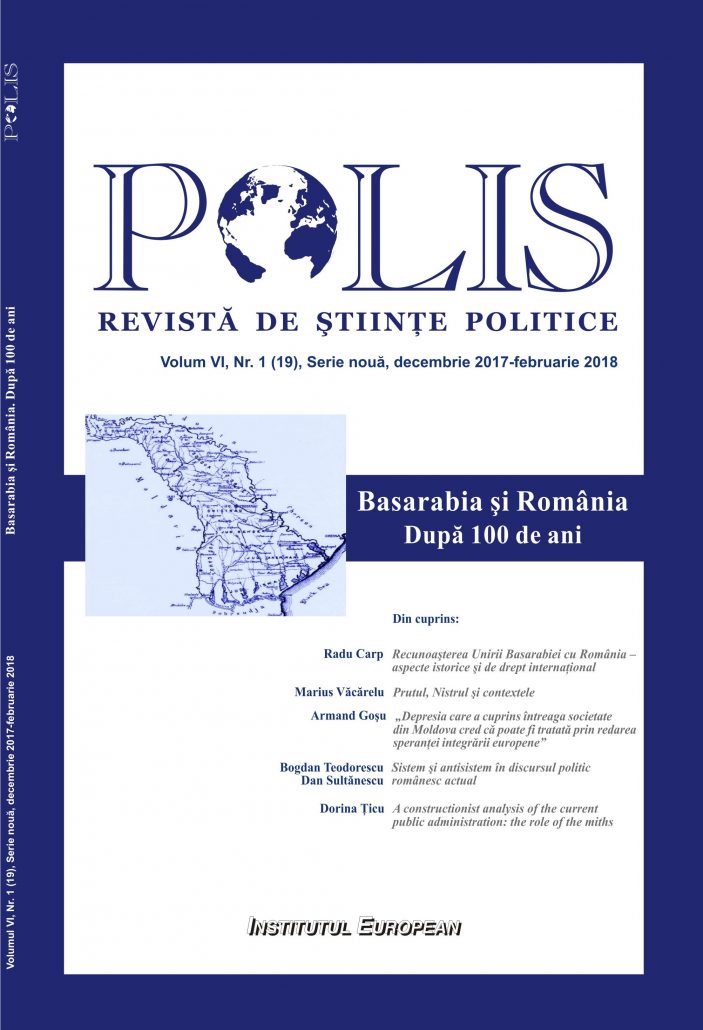Erezii şi ,,vânători de vrăjitoare” în regimul comunist
Heresies and „Witches Hunters” during the Communist Regime
Author(s): Lavinia BeteaSubject(s): Politics / Political Sciences, Politics
Published by: Editura Institutul European
Keywords: communist dogma; heresy; Inquisition; transcendental meditation;
Summary/Abstract: The communist ideology wanted to be a dogmatic and universal belief. The first communist regime, established in Russia, approached the respecting of the party statute in the registry of treating the heretics by the Christian Inquisition. The Comintern, founded in Moscow in 1919, arrogated the prerogatives of keeping the dogma’s purity on the other communist parties from worldwide, founded as sections of the Bolshevik Communist Party. Their followers were blamed by heresies such as: factionalism, nationalism, Trotskyism, right deviation, left deviation etc. The special Soviet services had worked, in these cases, as a genuine Inquisition. They had borrowed from it various practices, such as: the guilt presumption, the „putting into the test” by torture, the sentencing to death on the basis of the „accused’s” testimony etc. The „witches” and heretics hunting had continued in the second half of the 20th century in the USSR and in the countries that had been Sovietised after the war. To the older heresies there were added new ones, such as Titoism and cosmopolitanism. The practices from the „years of the great Soviet terror” had been applied not only against „the class enemy”, but also against the first generation communists. The Soviet counselors had coordinated and supervised, from the shadow, these missions of the local special services. In Bucharest, there have been used the accusations and the methods patented by Moscow within the Pătrăşcanu investigation and trial (1948-1954) that had resumed the manipulations of accusations such as: „Trotskyism”, „nationalism”, espionage in favor of imperialist powers. The Trial from the Danube - Black Sea Channel (1952) had been organized on the same pattern and by the same services as the Şahtî Trial (1930). The investigation of the Trial of Vasile Luca (1952) had reproduced the pattern of the „right deviation” heresy. And the „transcendental meditation affair” (1982) from Romania had been a special case of „excommunication”.
Journal: Polis. Journal of Political Science
- Issue Year: VI/2018
- Issue No: 1(19)
- Page Range: 47-66
- Page Count: 20
- Language: Romanian

